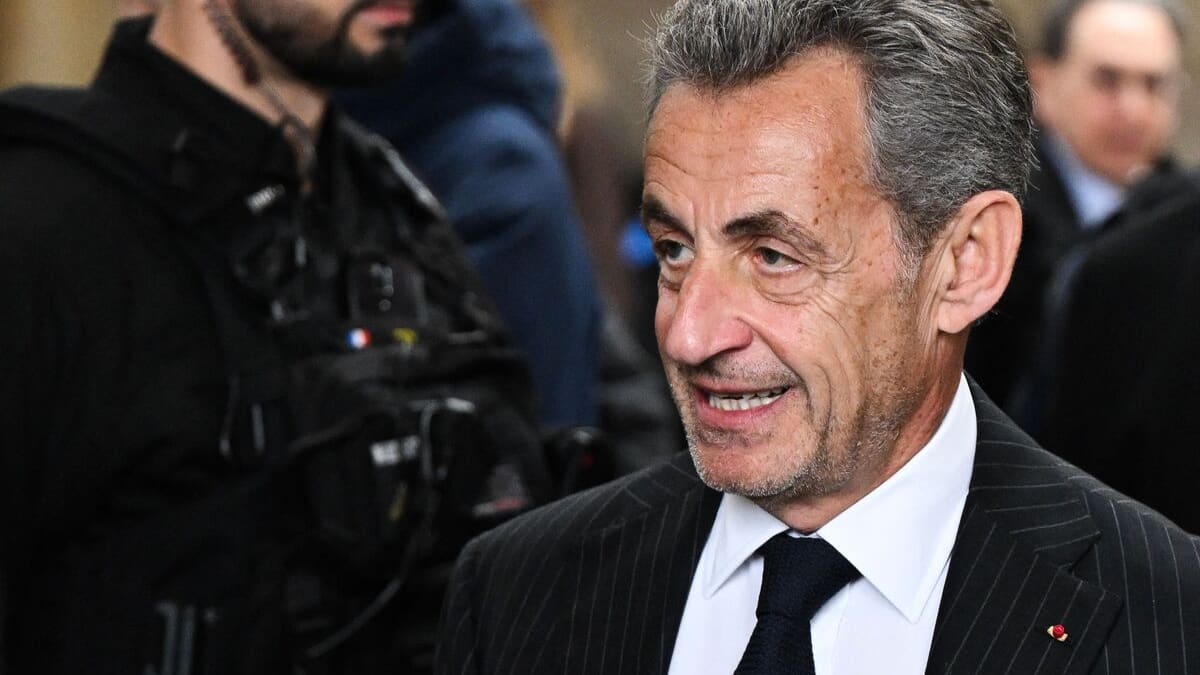Former French President Nicolas Sarkozy was sentenced on appeal on Wednesday to a year in prison, including six months suspended, in the so-called “Bygmalion” affair for excessive spending during his lost 2012 presidential election campaign. However, he immediately turned to France's highest court to challenge the decision.
• Also read: France: Decisive court decision in the rape allegation against the Interior Minister
The fixed part of the sentence imposed on the former head of state (2007-2012), six months, will be adjusted, the court president explained when reading out her decision.
Mr. Sarkozy, who arrived at the courthouse smiling, listened to the decision without reacting and then quickly left the courtroom without commenting.
However, his lawyer Vincent Desry announced to the press an hour later that the former president had decided to challenge his conviction before the Court of Cassation, France's highest court.
“Mr Nicolas Sarkozy is completely innocent, he has taken note of this decision and has decided to appeal to the Court of Cassation. He therefore remains true to his fight and his position on this matter,” Mr Desry said.
In September 2021, the Paris Criminal Court found Nicolas Sarkozy guilty of significantly exceeding the legal spending limit and sentenced him to one year in prison for illegal campaign financing.
However, he requested that this sentence be adjusted directly at home under electronic monitoring.
The appeal court also sentenced the nine other people who also appealed against the first instance verdict to sentences ranging from one year suspended to two years in prison, of which eighteen months were suspended, and stated that the execution of the six months in prison was also suspended could be arranged.
She also imposed five-year bans on six of them and banned two others from running a company for five years.
In this case, investigations revealed that to conceal the skyrocketing expenditure of his election campaign – almost 43 million euros against an approved maximum of 22.5 million – a double invoicing system had been introduced, which was attributed under the guise of Nicolas Sarkozy's party politics fictitious conferences a large part of the costs of the conferences.
Unlike his co-defendants, the former head of state was not accused of this system of false invoices.
However, in its ruling, the criminal court emphasized that the former president had “continued to organize election meetings” and had “demanded one meeting per day,” even though he had been warned “in writing” about the risk of violating the law. then actual exceedance.
In the appeal process, the state attorneys general requested a one-year prison sentence against him, but this time with a suspended sentence.
“Fables” and “Lies”
As in the first trial, Nicolas Sarkozy had “vigorously denied any criminal responsibility” and denounced “fables” and “lies”.
His lawyer, Me Vincent Desry, had argued for his release and assured that the former head of state “never knew of any exceeding” of the legal limit for election costs and “never incurred any costs”.
He considered that it had been “impossible” for the prosecutor to prove “the intentional element” or the “material element” of the alleged offence.
Among those belonging to Nicolas Sarkozy's party, only the deputy director of the presidential campaign team, Jérôme Lavrilleux, admitted to covering up the double billing system.
In May 2014, he helped expose the scandal in an interview on BFMTV television. However, at the top he denied being the one who introduced the “breakdown system” for election costs.
Mr Lavrilleux was sentenced to two years in prison, with eighteen months suspended, and a five-year ban.
This case brings further legal problems for Nicolas Sarkozy: he was sentenced last May on appeal in a telephone tapping case to three years in prison, one of which was terminated, a decision he is appealing against.
He will also appear in 2025 on suspicion of Libyan financing of his 2007 presidential campaign.

